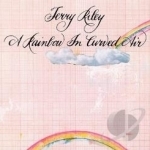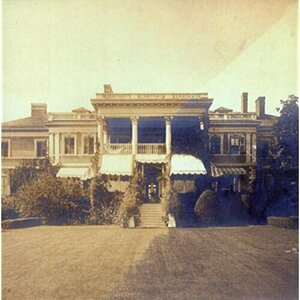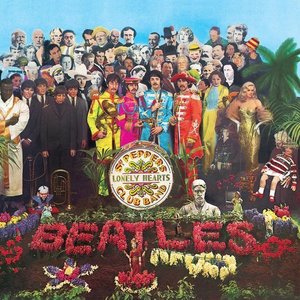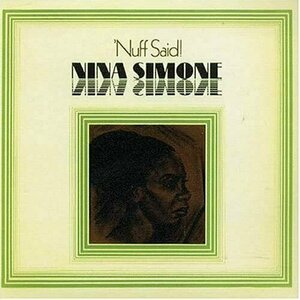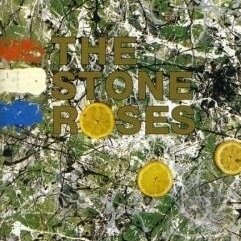Jonathan Donahue recommended Rainbow in Curved Air by Terry Riley in Music (curated)
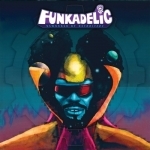
Reworked by Detroiters by Funkadelic
Album Watch
Funkadelic were the most influential group to emerge from Detroit in the 1970s. Their early albums...
funk
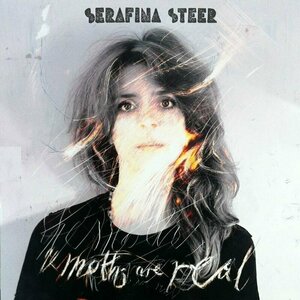
The Moths are Real by Serafina Steer
Album
Serafina Steer plays a harp and sings in a dew-fresh style that lends itself well to storytelling....
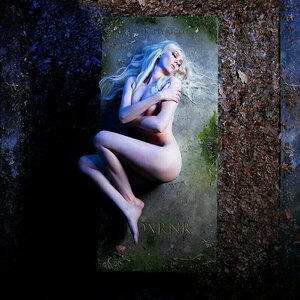
Death By Rock and Roll by The Pretty Reckless
Album
Rock 'n' roll is a religion. It's a commitment to an ideal, a belief system. The lifestyle and...
This is Memorial Device: An Hallucinated Oral History of the Post-Punk Music Scene in Airdrie, Coatbridge and Environs 1978-1986
Book
ROUGH TRADE BOOK OF THE MONTH LRB BOOK OF THE WEEK CAUGHT BY THE RIVER BOOK OF THE MONTH....

Unlimited Music Player: MP3 Streamer & Songs Album
Music and Entertainment
App
It is a must download app if you want to enjoy your favorite music and get the ultimate music...
Adam Green recommended Leave Home by John Davis in Music (curated)
Amanda Palmer recommended Sgt. Pepper's Lonely Hearts Club Band by The Beatles in Music (curated)
Anand Wilder recommended Nuff' Said! by Nina Simone in Music (curated)
Zoosk (5 KP) rated Stone Roses by The Stone Roses in Music
Dec 5, 2024
What sets this album apart is its ability to transcend genres. It’s a perfect blend of jangly indie rock, psychedelic flourishes, and danceable grooves, creating a sound that feels fresh even decades later. John Squire’s guitar work is nothing short of genius—each riff and solo feels meticulously crafted yet completely effortless. Ian Brown’s vocal delivery, while unconventional, perfectly captures the swagger and yearning that permeates every track.
Tracks like “She Bangs the Drums” and “Made of Stone” are anthems of pure joy, brimming with melodies that seem to be pulled straight from the heavens. “Waterfall” is a blissful, sun-drenched escape, while “I Am the Resurrection” is a sprawling epic that perfectly captures the band’s rebellious energy. Every song feels essential; there’s no filler here.
Listening to this album feels like stepping into another world, one where everything is drenched in sunlight and possibility. It’s no wonder it became the defining soundtrack of the late ‘80s Madchester scene, but its influence stretches far beyond that. Bands like Oasis and Arctic Monkeys owe much of their sound and success to this record.
For me, The Stone Roses isn’t just an album—it’s an experience. It’s bold, timeless, and utterly captivating. I can’t think of a single way it could be improved, and for that reason, it’s a perfect 10/10.
